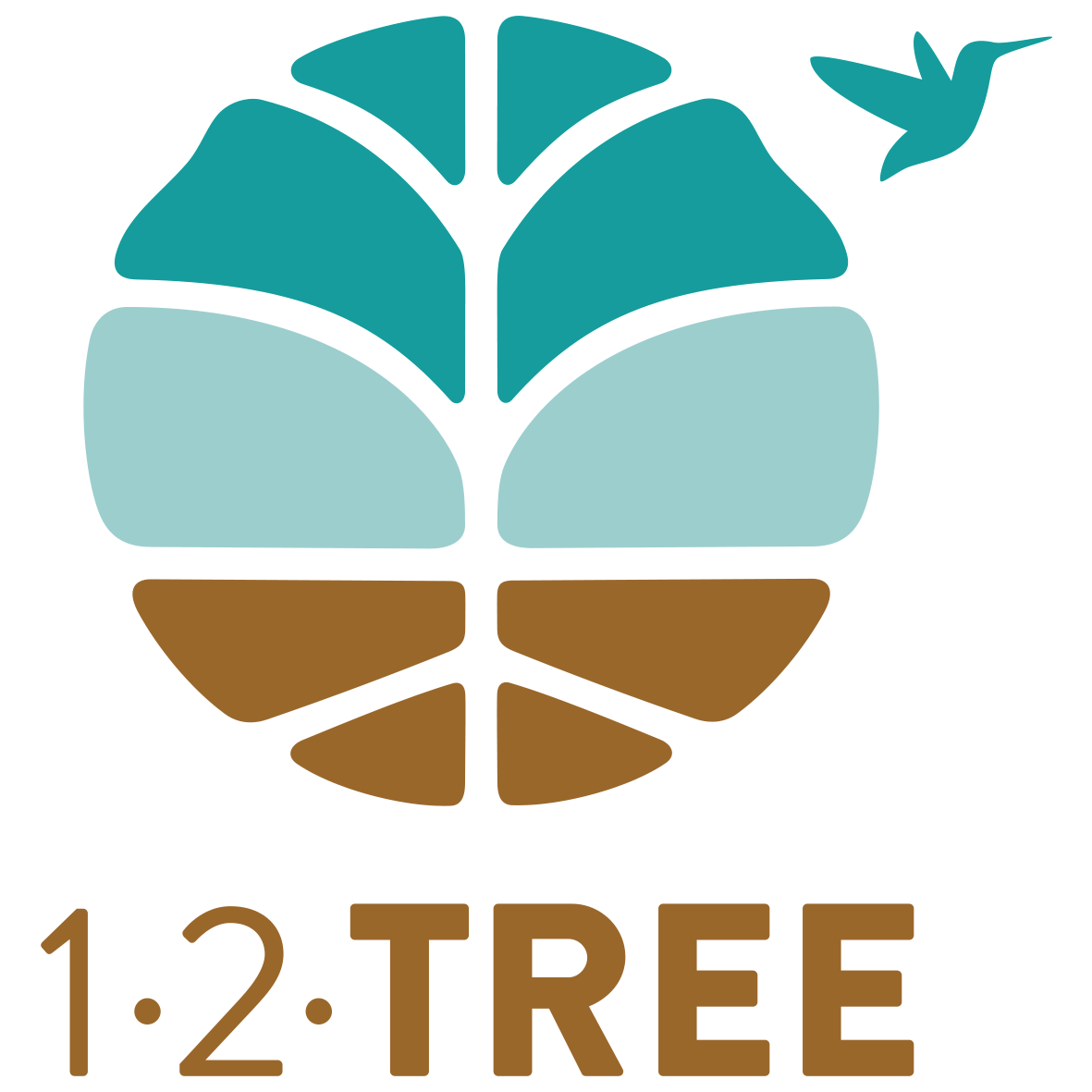How do you help motivate the management in your target investments to comply with ESG factors?
At 12Tree we are fully aware that the challenge of managing natural resources sustainably is fundamentally a social one, which requires:
Collective action
The employees will only identify with and fully commit to the project (and thus make the project a sustainable one) if the working conditions are good. Paying acceptable salaries and additional social benefits (with special focus on gender equality throughout all ranks) is not only vital for the farm workers to lead a good life but also translates into lower staff rotation.
Knowledge sharing
The sharing of knowledge between the company and regional farmers to improve land use and better agricultural and forestry practices.
Building a like minded team
Employing people who understand and appreciate the benefits of a sustainable approach to agriculture and who have the knowledge to implement it. The long-term objective for all forestry investments under the mandate is to establish permanent cover forest or to create the conditions that this can be achieved in the future. This is partially also the case for cocoa development projects that are transitioned to a higher diversity and share of trees towards the end of their productive life.
Where 12Tree is not directly in charge of implementing the projects, we select an operator who hast to implement management processes that consider environmental and social protection measures wherever feasible and actively supervise them. 12Tree specifies how to manage the projects. These requirements need to be respected by the field operators and will be evaluated on a regularly basis.
The external third-party consultant Kinomé visits the projects every other year to establish a social impact baseline and make recommendations that ultimately lead to constantly improve the field activities. Kinomé pays particular attention to land tenure, social benefits, inclusion of small holding family farmers, infrastructures, minorities, women and youth groups, etc.






